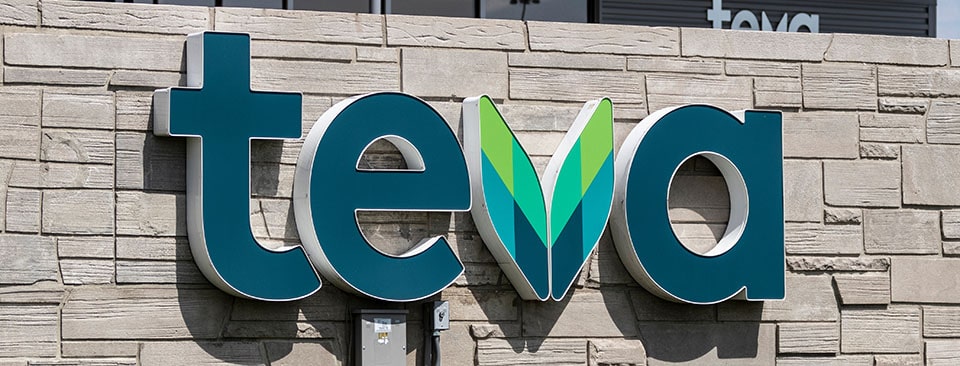
Pharma firm Teva ‘gamed’ EU patent system
The European Commission has fined the global pharmaceutical company Teva €462.6 million for abusing its dominant position to delay competition to its Copaxone medicine used for the treatment of multiple sclerosis.
The EU body found that Teva artificially extended Copaxone’s patent protection and “systematically spread misleading information” about a competing product to hinder its market entry and uptake.
It added that this was the time that the commission had imposed a fine for these two types of practices.
EPO rules ‘misused’
Copaxone contains the active pharmaceutical ingredient glatiramer acetate, over which Teva held a basic patent until 2015.
The commission’s investigation found that Teva had misused the rules and procedures of the European Patent Office (EPO) on divisional patents when its patent for glatiramer acetate was about to expire.
Divisional patents derive from an earlier ‘parent' patent application and share similar content but may focus on different aspects of the invention and are treated independently when it comes to assessing their validity.
The commission found that Teva filed multiple divisional patent applications in a staggered way, creating a web of secondary patents around Copaxone focusing on the manufacturing process and the dosing regimen of glatiramer acetate.
According to the EU body, this triggered lengthy legal uncertainty, forcing Teva’s rivals to repeatedly start new legal challenges, as the company obtained interim injunctions and then withdrew them before its patents could be revoked.
“All Teva's divisional patents have now been annulled,” the commission said.
‘Disparagement campaign’
The investigation also found that Teva had Implemented “a systematic disparagement campaign” against a competing medicine for the treatment of multiple sclerosis, by spreading misleading information about its safety, efficacy, and therapeutic equivalence with Copaxone.
According to the commission, the Teva campaign targeted doctors and national decision-makers for pricing and reimbursement of medicines, with the objective of slowing down or blocking the entry of its rival product in seven member states.
Competition commissioner Margrethe Vestager said that Teva had “gamed” the patent system, which was aimed at providing legal certainty and protecting genuine innovation.
“We found that Teva's conduct contributed to maintaining Teva's quasi-monopoly in several member states years after the basic patent for Copaxone expired. This may have prevented significant savings for public-health budgets, as a result of expected price decreases that could reach 80% in terms of list prices,” she stated.